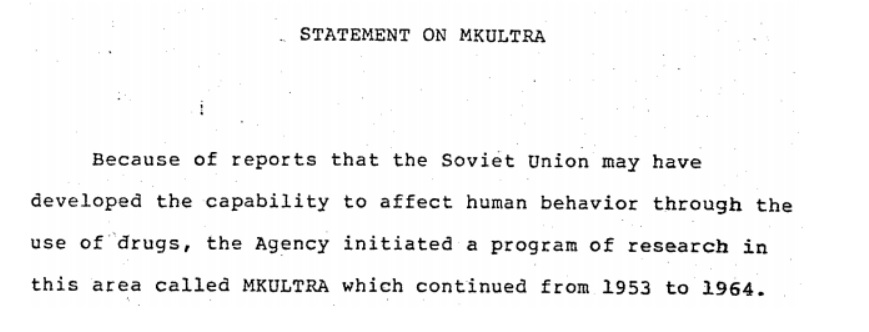The recent Netflix Film release, Spiderhead, is essentially a metamorphosed adaptation of the very real CIA’s infamous MKUltra drug trial that took place during and after WWII. Although adapted from the New York Times short story by George Saunders, Escape From Spiderhead, the story and consequently the film sheds some light on the highly dangerous human trials sanctioned and conducted by the CIA.

The film stars Chris Hemsworth as Dr. Steve Abnesti, a slightly deranged genius who owns the pharmaceutical company that is testing the drugs on inmates. Miles Teller and Jurnee Smollett join the crew as inmates who first question and then escape from Spiderhead and ultimately Abnesti’s control.
Related article: Why Netflix’s Spiderhead Failed To Become The New Black Mirror
The Infamous CIA Drug Trial That Inspired Spiderhead
During the Second World War, Nazi concentration camps and Japanese institutions started conducting experiments of which the CIA-sanctioned MKUltra was later a continuation. The operation focused on chemical, biological, and radiological methods of mind control on inmates and later voluntary university and medical student participants.

Also read: Not Just Fiction: The Stranger Things Project Exists In The Real World
The drug trials focused on high doses of LSD and other hallucinogens to expose participants to euphoric states in order to gain utter obedience. Sensory deprivation, electroshock, hypnosis, and abuse were also often inflicted to test the limits of the subjects. These trials started in 1953 at the height of the Cold War to learn enemy secrets and weaken target groups.

Project MKUltra documents were mostly destroyed in the aftermath of the Richard Nixon Watergate Scandal of 1972. But most of the existing details that survived were made public in 2001. The infamous trials have since inspired numerous stories and television adaptations, like Stranger Things and now Spiderhead.
Spiderhead — How Much Of It Is True?
Adapted from George Saunder’s Escape From Spiderhead, the script of the film sometimes deviates from the original short story. However, for the most part, the audience is made aware of an off-book operation involving incarcerated members of the US penal system who have agreed to sign on to a voluntary drug-trial program in lieu of comfort and (some) freedom.

Also read: Netflix’s Dystopian Movie Spiderhead Stars Chris Hemsworth As Mad Scientist
The illusory choice of receiving the drug is granted to the inmates at the beginning of each trial but it is made clear by the end that the entire program of testing the verbose Verbaluce, hysterical Laffodil, euphoric Luvactin, or the terror-inducing Darkenfloxx is only masking the more dangerous B-6. The false illusion of choice is actually controlled by this particular drip which acts as a mind-control drug and the entire operation in the Spiderhead Penitentiary serves as a base to test the efficacy of B-6.
Also read: High-Flying Top Gun 2 Director Crashes Down With Netflix’s Spiderhead Initial Reviews
In a manner of speaking, Spiderhead is reflective of the mass control operation of the CIA that lasted from the 50s to the 70s. But at its core, the highly fictionalized film neither measures up to nor captures the original horrors that were inflicted on people in real-world trials.

